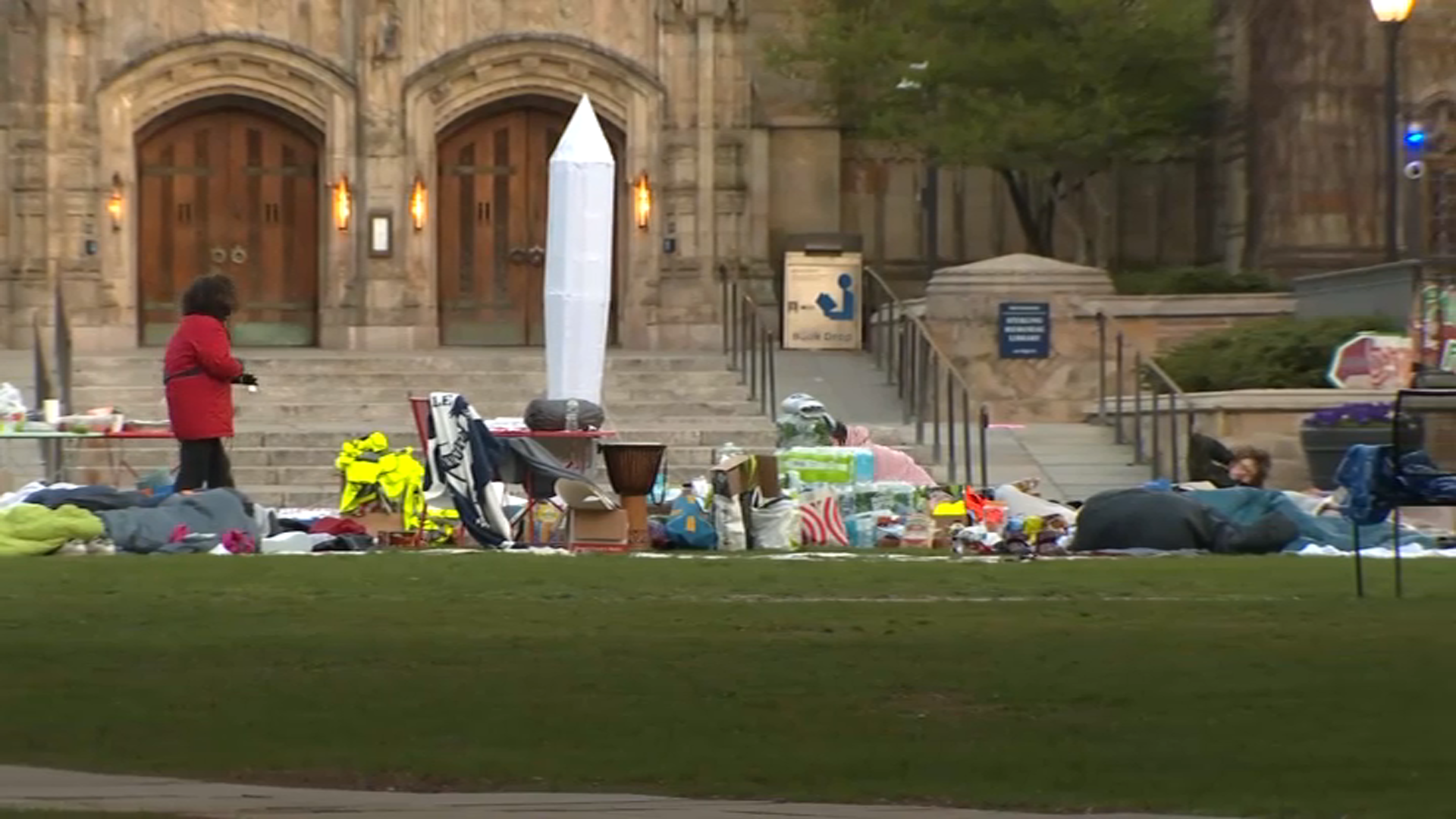Whether Connecticut installs tolls on its highways could end up being the major political story of the 2018 Regular Session of the General Assembly.
That decision could become an even harder one if President Donald Trump’s $1.5 trillion infrastructure plan, or even some iteration of it becomes law.
The plan announced on Monday morning would require states to provide more money than ever before to guarantee a project’s completion, with significantly less cash being provided by the federal government.
"This Trump proposal is more about hedge funds than hard hats," Sen. Richard Blumenthal said while referring to the possibility that municipalities like states and cities would need to sell off assets like roads or bridges to a private investor, in order to raise the funds necessary for improvements.
"Anyone here want to buy the Brooklyn Bridge?" Blumenthal quipped.
In the past, the federal government would provide 80 percent of a given project’s cost, while the state or other agency, would cover the remaining 20. Blumenthal called that move, "a betrayal."
Construction trades in Connecticut view some parts of the bill favorably because it could pave the way for tolls, and possibly receive more bipartisan support than before, simply because the White House is sending a message that states must contribute more to pay for their own road improvements.
From President of the Connecticut Construction Industries Association Don Schubert’s point view, tolls could allow the state to raise revenue for both state and federally funded projects, opening up a second way to fund infrastructure.
"This plan is a strong signal to Connecticut that the state really needs to get its act together," Schubert said.
Schubert added: "We need revenue-generating facilities to make this work and that’s tolls. And if Connecticut is just going to stand by and let this opportunity pass by for the next ten years, it’s going to be a tremendous opportunity lost for the state."



